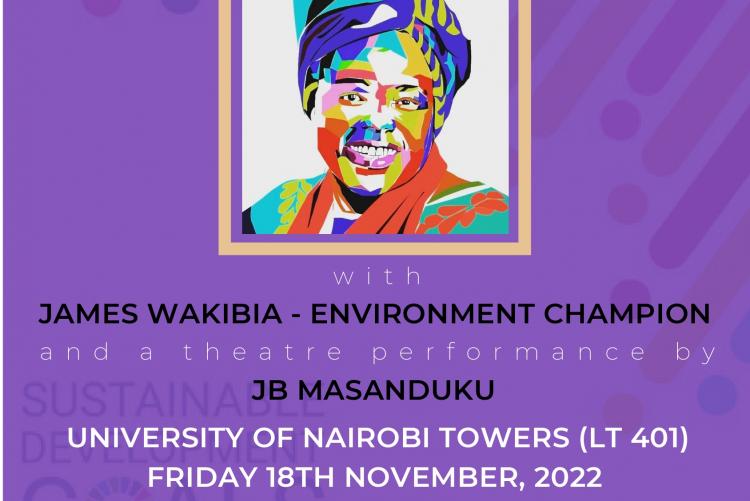FST Student Sensitization Training on Mtihani Examinations System
ATTENTION: All Faculty of Science and Technology Students,
The University has developed an Examinations Management System that will be used for administering online examinations called Mtihani. This system is expected to be implemented soon.



